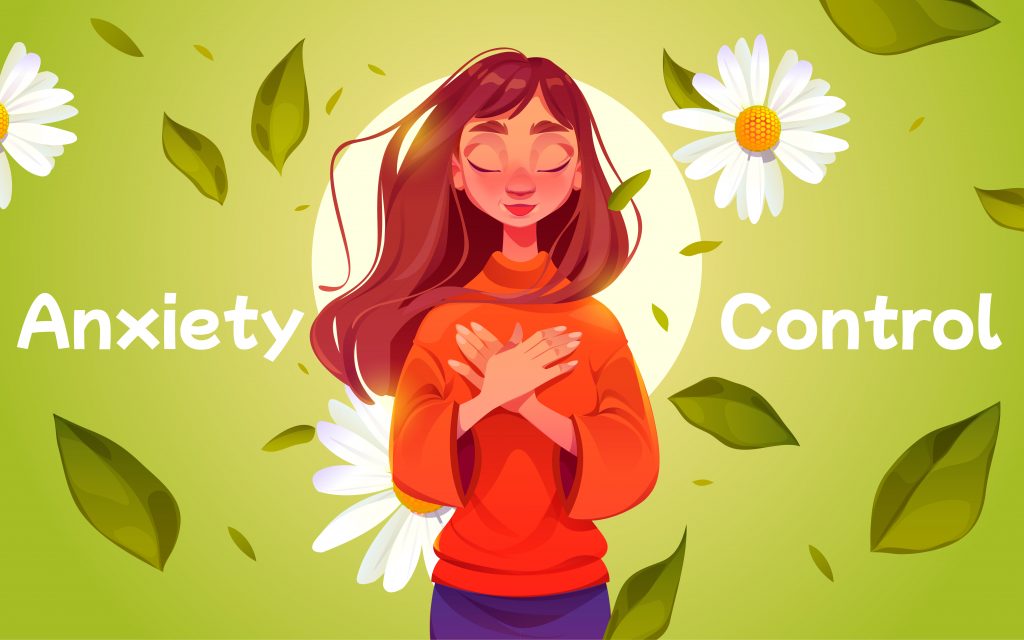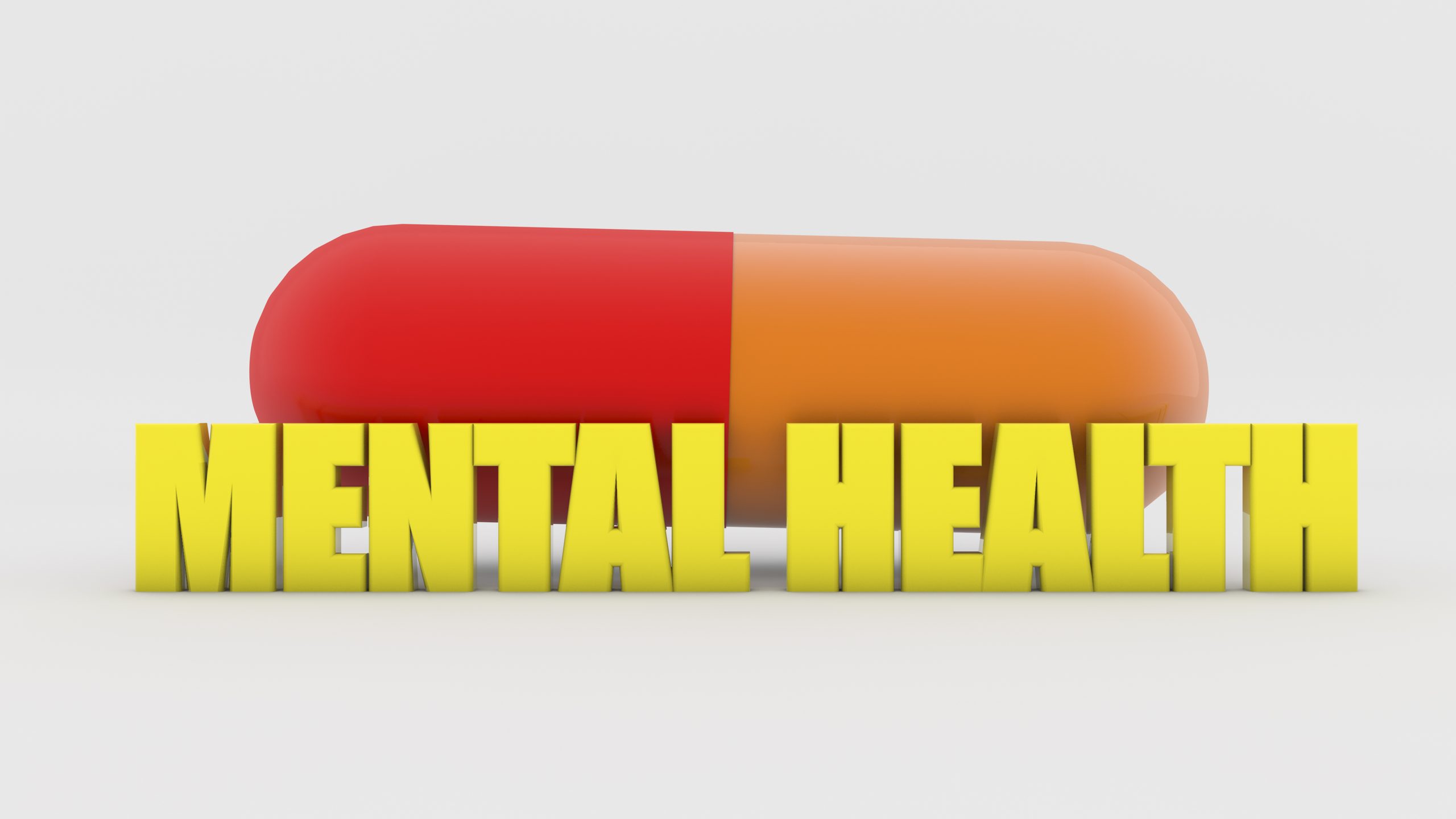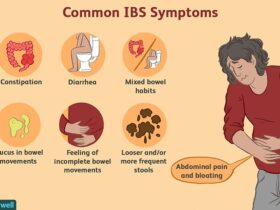Are you aware that many people are suffering from anxiety today? The pandemic is causing people to experience depression and despair. There are important ways to sustain the mental health care needs emerging throughout the COVID-19 pandemic. However, people must recognize how COVID-19 has affected mental health. The outcome of the COVID-19 pandemic resulted in a higher demand for mental health care. There is an immediate necessity to improve primary care’s ability for mental health care to the extent of the pandemic and beyond.
How did you cope with anxiety during COVID-19?

Throughout this global pandemic, we have all had to make changes to our daily lives. People experienced adverse mental health impacts during the COVID-19 pandemic, such as depression, misery, tension, low energy, and exhaustion. As announcements about coronavirus (COVID-19) monopolize the headlines and public concern is intensifying, mental health facilities would like to emphasize that taking care of your mental health is as essential as paying attention to your physical health. Great mental health and improved well-being can help you manage the COVID-19 risk and the dilemma it’s causing.
There are multiple ways to manage and alleviate coronavirus anxiety. Below are numerous tips to help take care of your mental health:
- Look for correct information from authentic sources. These include the Department of Health, doctors, and other medical practitioners who are experts in this field.
- Restrict yourself from getting news of COVID-19
- Avoid too much exposure to media reports. Consistent watching for news updates and social media feeds about COVID-19 can exaggerate feelings of anxiety and misery. Consider shutting off automatic notifications and reclining from the news. Limit the amount of news you read, watch or listen to. This will let you concentrate on your life and the actions that you have to deal with. The World Health Organization instructs us to look for accurate information. Thus, take doable steps to make your plans and protect yourself and your family.
- Secure yourself from the wave of the coronavirus plague. Concentrate on things you can handle rather than those you cannot. Preferably, keep your regular and usual activities, eating nutritious foods, getting enough sleep, and doing things that you love. Consider making a usual routine that feeds your well-being and enhances mental health. Some movements, such as strolling, meditating, or working out, can help you to unwind. These will have a helpful effect on your thoughts and dispositions. Several mental health institutions suggest that you appreciate it as a chance that might have advantages, like eventually catching up on sleep.
- For health care workers, it is essential to watch out for their necessities. Make certain an adequate rest due to strenuous hours or work overload in time of emergency.
- Be in touch with others and extend your help to people around you. Having compassion for people is such a good deed.
- Communicating with your loved ones and friends may lessen the tension triggered by COVID-19. Expressing your worries and sentiments may help you discover ways of handling challenges. Getting support and care from others can result in a sense of security and strength. Helping other people in their time of need and extending your hand to someone who may be feeling sad or worried can be good for both the person getting support and the helper.
- Several people may also think about what to do if they are under quarantine. While the thought of self-isolation may seem depressing, remember that this is just provisional. There are still multiple ways to connect frequently with others online.
- Comply with social distancing protocols about the COVID-19 outbreak.
- Keep a sense of assurance and optimism.
- Strive and focus on things that are helpful in your life. The World Health Organization suggests discovering the possibilities to magnify the voices, constructive narratives, and encouraging picture of local people who have suffered from coronavirus disease. Listen to the uplifting stories of their recovery. Or people supported a loved one through recovery. Encourage them to share their experience.
- In terms of mental health, words are important. Get beneficial tips on how to be aware when discussing mental health
- Acknowledge your feelings. It is common to feel devastated, worried, nervous or dismayed at a present situation. Let your emotions be taken into account. It could be speaking to other people, writing them down in a diary, being productive, or meditating.
- Unwind and enjoy some leisure activities.
- Do not forget to explain to your kids about the COVID-19 epidemic.
- It is relevant to help kids manage stress and protect them against coronavirus panic. Respond to their queries and share information about COVID-19 in a way that children can accept. React to your child’s feedback in a reassuring approach. Pay attention to their concerns, and give them more care, attention, and assurance. Convince your kids that they are safe. Let them know it is acceptable if they feel distressed. Share with them how you handle your own stress so that they can learn how to deal with you.
- Seek professional aid
- Comply with safety and prevention advice provided by certified health specialists. Consider asking for support from a proficient adviser. Organizational support is established on a local or national basis. It is best to begin your search with those in your local region so that you can really speak with someone who knows what is accessible.
Overview, the new cases of working from home, provisional joblessness, home-education of children, and deprivation of physical contact with other family members, friends, and co-workers take time to get used to. Adjusting to routine changes such as these, coping with the distress of contracting the outbreak, and worrying about people close to us who are particularly weak, are challenging for all of us. They can be hard on people who have mental health problems. The above-mentioned tips can help them to survive. No matter what happens, support coming from family and loved ones is the best.
The above-mentioned tips can help them to survive. No matter what happens, support coming from family and loved ones is the best. Hence, with these important tips, what can you ask for?














